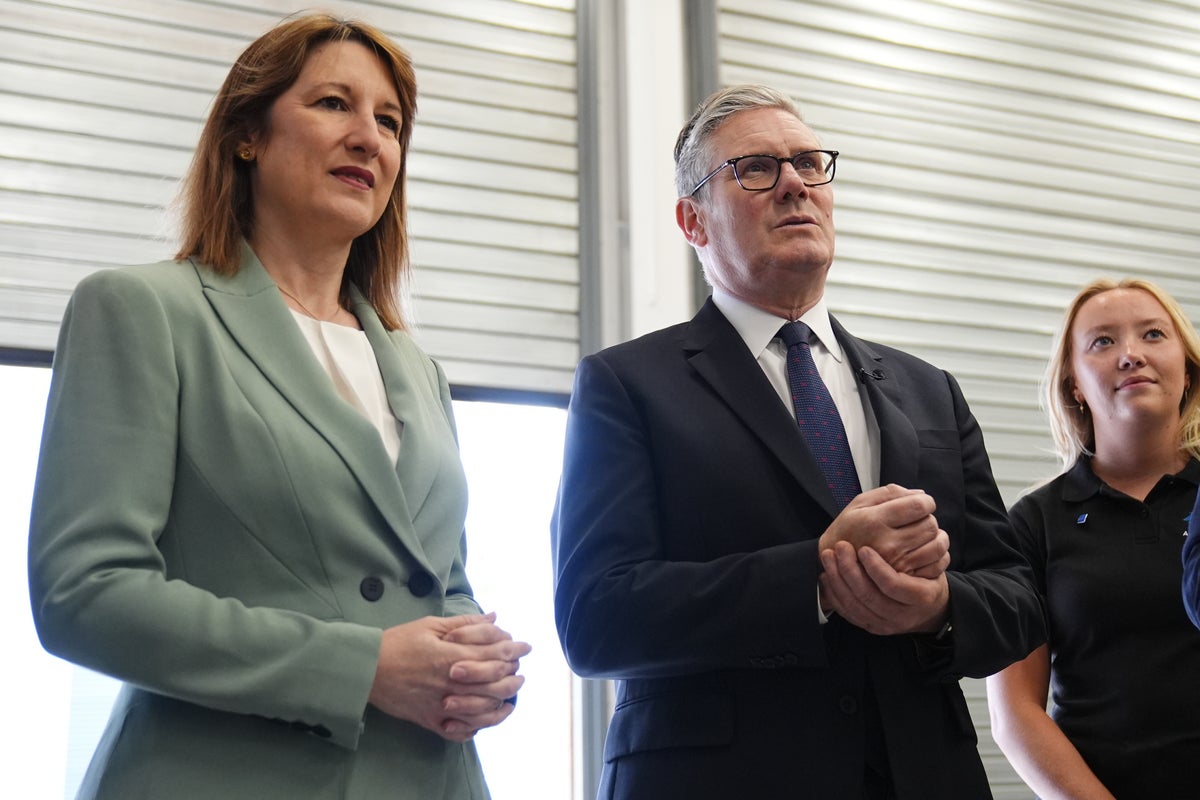The UK Government has issued a statement addressing how changes to tax allowance rules will affect state pensioners. This clarification followed inquiries from Liberal Democrat MP Freddie van Mierlo, who sought to understand the implications of the frozen personal allowance on those reliant on state pensions.
Currently, individuals can earn up to £12,570 without incurring income tax, a figure known as the personal allowance. This amount is set to remain unchanged until April 2028. The full new state pension, which is £230.25 per week or approximately £11,973 annually, is close to exhausting this allowance.
Next April, state pension rates are expected to increase by 4.8 percent due to the government’s triple lock policy, raising the full new state pension to £241.30 weekly, or around £12,547.60 annually. This adjustment would leave pensioners with just over £30 before surpassing the tax-free allowance.
In response to Mr van Mierlo’s queries, Treasury Minister Dan Tomlinson emphasized the government’s commitment to ensuring that older citizens can retire with dignity. He stated, “The state pension is the foundation of the support available to them.” Tomlinson noted that, according to the latest forecast from the Office for Budget Responsibility, the yearly amount of the full new state pension is projected to rise by around £1,900 over the current Parliament.
Addressing concerns about the personal allowance, Tomlinson reassured that the allowance will continue to exceed both the basic and full new state pension in the fiscal year 2025/26. He specified that this means pensioners relying solely on the full new state pension or the basic state pension, which currently stands at £176.45 weekly or £9,175.40 annually, will not be subject to income tax.
Many recipients of the older basic state pension also receive additional payments, which can further enhance their financial situation. State pension payments are adjusted every April under the triple lock policy, which guarantees an increase based on the highest of inflation, average earnings growth, or a minimum of 2.5 percent.
This recent clarification from the UK Government underscores the ongoing efforts to address the financial stability of pensioners, ensuring that they receive adequate support during retirement years.







